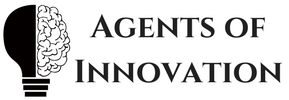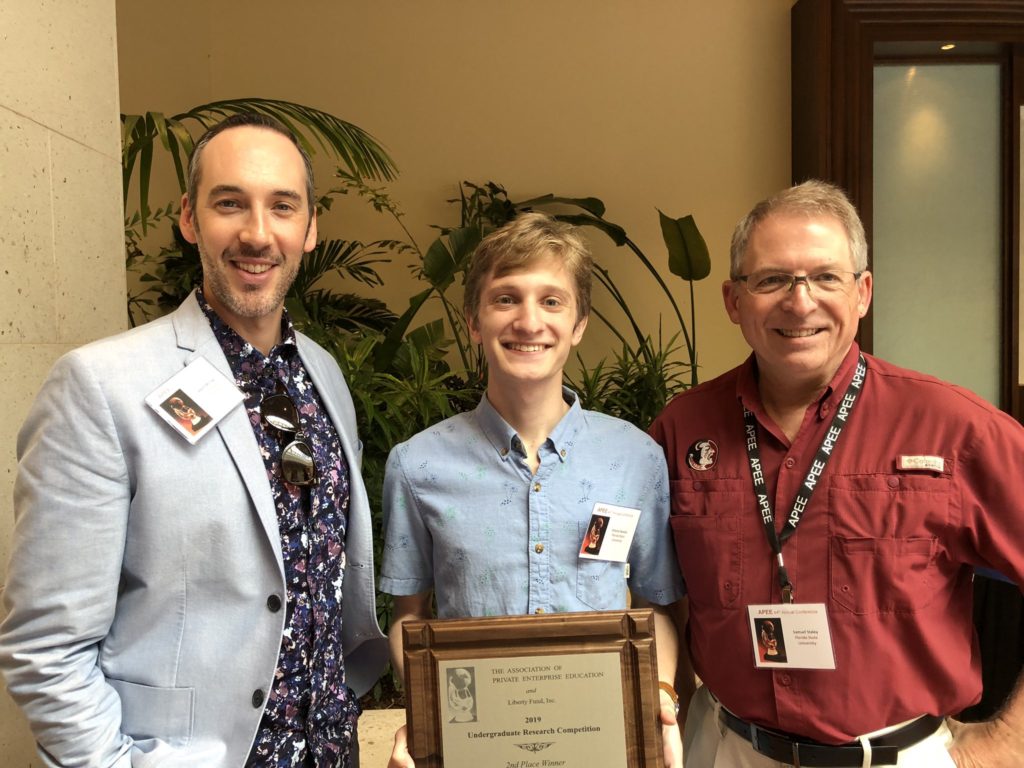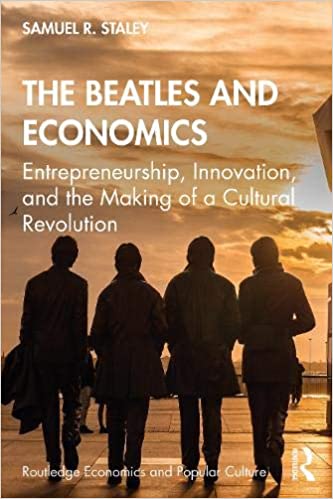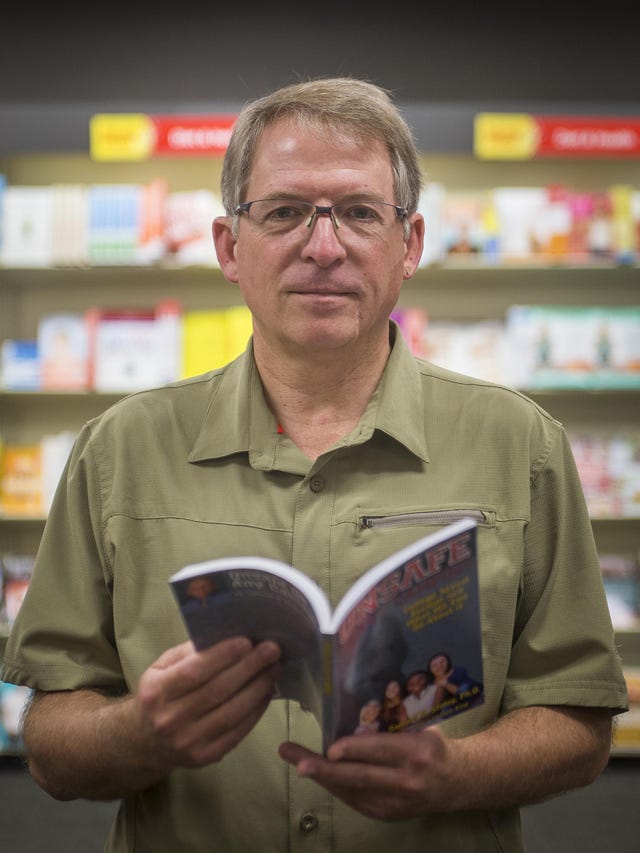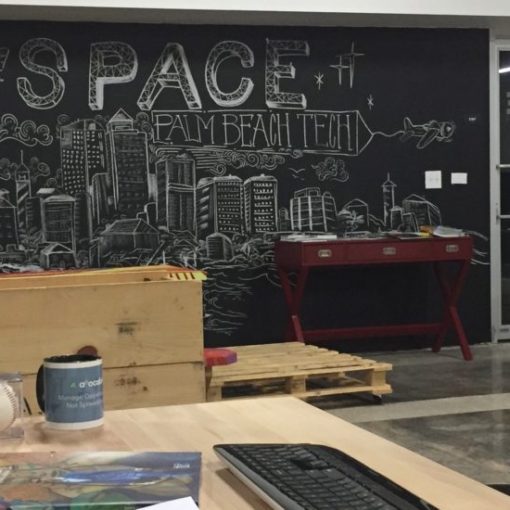Sam Staley was the featured guest on Episode 73 of the Agents of Innovation podcast. He joined us to talk about his perspective on entrepreneurship and innovation. He engages in it and teaches these concepts full-time at Florida State University and as a speaker at conferences, workshops, and other events across the country.
Staley is the Director of the DeVoe L. Moore Center, a public policy think tank on the campus of Florida State University. He is also the author of several books, including novels, and a forthcoming non-fiction book, The Beatles and Economics: Entrepreneurship, Innovation, and the Making of a Cultural Revolution. Staley is passionate about teaching and believes that our potential as human beings has yet to be seriously tapped. All of his books and writings, including book and movie reviews can be found at: https://samuelrstaley.com.
Staley resides in Tallahassee, Florida today but he grew up in Ohio. “My biggest education was growing up in my father’s business, a small business in an industry that should not have ever existed,” said Staley. “But my father was an entrepreneur and he had a passion for the industry he was getting into.”
A graduate of Colby College in Maine, Staley’s first professional job was with the Cato Institute in Washington, DC. He enjoyed working there, but he realized he didn’t want to work in public affairs, a role he had there. So, he went back and worked for his father in Ohio. He then did a master’s in economics from Wright State University and earned his Ph.D. in public administration from The Ohio State University. In 1989, Staley started a public policy think tank in Ohio, The Buckeye Institute. He later went to work for the Reason Foundation.
Today, he is “less interested in research” but “more interested in enabling other people to do the research.” And that is where his work as a professor at Florida State University comes in. In his classes on social entrepreneurship, he has students learn ideas and concepts from economists such as Israel Kirzner, F.A. Hayek, and Ludwig Von Mises, and then apply them to their own entrepreneurial ideas.
In 1998, a local Tallahassee philanthropist, DeVoe Moore endowed the center at Florida State University that Staley has led since 2011. The DeVoe Moore Center’s main goals are to provide research that looks at market-oriented solutions to public policy. They review regulations and look for ways to advance opportunities for entrepreneurship and government transparency. Today, the center has 30 full-time and part-time staff and faculty; many of those staff are FSU students who learn how to do research in a professional environment and work with people in a wide variety of backgrounds and disciplines across the university.
In his teaching work, Staley introduces students to the reasons people become entrepreneurs and the goals they want to accomplish through their work. “There are very few entrepreneurs who start their business for the pure purpose of making money. Almost all of them are trying to do something that serves a larger purpose,” said Staley. “The idea of creating something with social value is embedded in the entrepreneur.” He uses this as a foundation in all of his classes on the subject and also teaches this to students who are specifically interested in social entrepreneurship.
“I don’t think social entrepreneurship is entrepreneurship as traditionally defined,” said Staley. “Social entrepreneurship is a business that has been designed to address a social issue, however that might be defined.” He adds that social entrepreneurship has “a minimum of a double bottom line.” The more money you make, the more social benefit you can have. “You also have to show you are having an impact on that social problem.”
“For me, a fully-integrated social enterprise is one that does not operate as a philanthropy; it actually changes the structure to have that social issue addressed,” said Staley. When he brings these ideas together in his class, “everyone is equalized; everyone’s idea has merit.”
Staley is encouraged by the rising generation he encounters every day at FSU. “Young people are very creative, and they are almost always socially-oriented. It’s a question of how you channel it; and I think the social entrepreneurship approach is a way of channeling that compassion for trying to be good and create value and create that identity around that which I think is a natural part of growing up – into a practical way of achieving it.”
As an author of many books, Staley is also active in the Tallahassee Writers Association and the Florida Writers Association, and serves on the board of the Florida Authors and Publishers Association.
“I think people in the policy world are finally beginning to recognize the importance of stories. As a teacher, I see the importance of stories,” said Staley. Stories are “important for conveying different concepts and ideas,” he said. “Filmmakers have really figured this out – with visual storytelling.”
His 2014 novel, St. Nic, Inc. is a reimagination of the Santa Claus myth. It involves DEA agents following a money travel to uncover a secret enclave above the Arctic Circle. It’s a unique way to captivate audiences in a traditional tale while adding a modern twist that teaches some lessons.
His forthcoming book, to be released in April 2020, is The Beatles and Economics: Entrepreneurship, Innovation, and the Making of a Cultural Revolution. Staley said that The Beatles’ album, Sgt. Pepper “is a major disruption to everything in pop music in the 1960s.
“There is a lot more going on here and I don’t think people have really figured it out,” said Staley. “If you were going into the studio in 1966 or 1967, there was no indication [Sgt. Pepper] was going to be a commercial success. This was so far off the charts no one could predict what its outcome could be.” He adds that this book “is really an investigation of that.”
In The Beatles’ story of both artistic creation and commercial success, “entrepreneurial capitalism was really important,” says Staley. “There’s no way that a band consisting of four Liverpudlians would have been able to be successful without entrepreneurial capitalism because they were so far outside the mainstream and it took a particular producer at the lowest rung of the recording industry in London to see the potential.”
“The other part of it that I think is really underappreciated is the innovation process that The Beatles had created over the previous five years and how they were able to ratchet up the quality that just created this sustained innovation. It wasn’t just one member of the band. It was all four Beatles.”
When he began his research, he says he “was writing a book that was just going to introduce people to economics in a fun way … I found a nugget that I think was underappreciated.”
While some might view the Rolling Stones and The Beach Boys as “competitors” with The Beatles, Staley says “they really weren’t competitors; this was a very collaborative environment for creators and people underestimated that.”
One of the innovations The Beatles had, as one example, is that the feedback loop from songs like “I Feel Fine” and “Help” makes each of those songs. “If you take that out of the song, it isn’t the same song,” says Staley.
The innovation process includes great singers and songwriters like John Lennon and Paul McCartney. But everyone made contributions towards innovation. Most new song contributions were accepted or rejected based on two criteria: Did anyone else do it before? And did we do it before?
“The songs themselves – the vast majority of them – were a Paul McCartney song or a John Lennon song. But the collaborative, creative process is what finishes it and makes it a great song,” said Staley. “And that is the innovation process. They embedded it in the culture of the organization. Lots of John Lennon songs were rejected. Lots of Paul McCartney songs were rejected. And then as George Harrison’s work got better and better, it rose to the level where they could do something with it as a band where they could use it and finish it. People in the 60’s never knew what was going to be on the next Beatles album.”
Staley’s research finds that The Beatles were “driven primarily by artistic values … They looked at the market as a way of validating their art … and it’s that market validation that gives them the power to innovate. And then they became very wealthy as a performance band … they then used that wealth to invest in their art, which is where Sgt. Pepper comes from.”
Sam Staley has a great mind for entrepreneurship and innovation that can be seen in his teaching and his many books and other writings. His first job as a kid was delivering newspapers. Then, at the age of 13, he was fortunate to be in a family business, busing tables at a ski resort. Through that experience, “I learned how important a small job could be.” He said he noticed how people at the tables really appreciated when the tables were cleared. “I learned to work hard and to begin to appreciate the value of what I was doing for other people.”
That seems to be the big takeaway not just from social entrepreneurship, but entrepreneurship in general. “Every job has value. Every goal has value. The question is how do we support that in a healthy, productive, and conservative way, and I think that’s what entrepreneurship does.”
You can listen to the full interview by tuning into Episode 73 of the Agents of Innovation podcast on Apple podcasts, Google podcasts, Stitcher, and SoundCloud. You can also follow the podcast on Facebook, Instagram, or Twitter. We welcome your comments below and encourage you to write a review on Apple podcasts!
